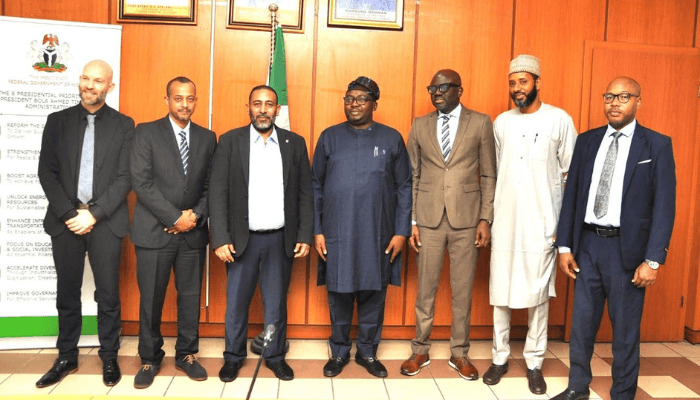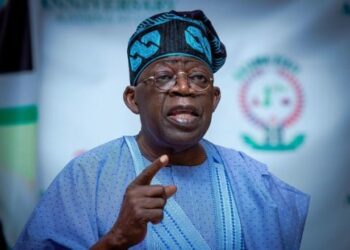The Islamic Development Bank (IDB) has commenced the development of its first-ever Country Engagement Framework for Nigeria’s power sector, marking a strategic shift in how the Jeddah-based lender supports the country’s infrastructure and energy needs.
The initiative was unveiled during a courtesy visit by an IDB delegation to Nigeria’s minister of power, Adebayo Adelabu, in Abuja. The framework, once finalised, will guide the Bank’s long-term programmatic support to Nigeria’s energy transition and power infrastructure development, replacing its traditional project-by-project model.
Leading the delegation, Alagi Gaye, said the IDB seeks to deepen its investment in Nigeria’s power infrastructure. He noted that while the Bank already has a $2 billion portfolio in Nigeria across transport, education, and other sectors, its power sector engagement will now align more closely with Nigeria’s policy direction and regulatory environment.
“The new framework will help structure our support to Nigeria in a way that addresses critical sectoral gaps, particularly in electricity access,” Gaye said.
In his response, Minister Adelabu welcomed the move and stressed that revitalising the power sector remains one of the top priorities of the Tinubu administration. He said the sector is in dire need of investments and reforms to improve reliability and expand access across the country.
He highlighted the 2023 Electricity Act as a pivotal reform tool, enabling state-level participation and liberalisation of the electricity market. He also cited the Presidential Power Initiative (PPI), a $2.3 billion agreement with Siemens Energy, as one of the administration’s flagship projects aimed at overhauling the national grid. According to him, the pilot phase, which delivered 10 transformers and 10 mobile substations, has already contributed to grid stability.
The minister also spoke about the planned “Super Grid” project designed to boost redundancy and increase transmission wheeling capacity. He said the project has already secured support from both the World Bank and the African Development Bank (AfDB).
On the issue of electricity distribution, Adelabu acknowledged that performance by distribution companies (DisCos) remains below expectations, despite years of privatisation. He noted that the federal government, which still holds a 40 per cent stake in the DisCos, is seeking strategic private sector partnerships to address operational inefficiencies and close the country’s 7-million-unit metering gap.
To tackle the problem, the government has launched the Presidential Metering Initiative (PMI), which aims to import two million meters annually over the next five years.
He also briefed the IDB team on “Mission 300,” a programme focused on deploying mini-grids and solar home systems to electrify rural and underserved communities. He emphasised that Nigeria’s pursuit of renewable energy is driven more by practical energy needs than by emissions targets, noting Africa’s negligible contribution to global carbon emissions.
Adelabu urged the IDB to support the review and financing of feasibility studies for proposed power projects and described the bank as a credible partner in transforming Nigeria’s electricity sector.





